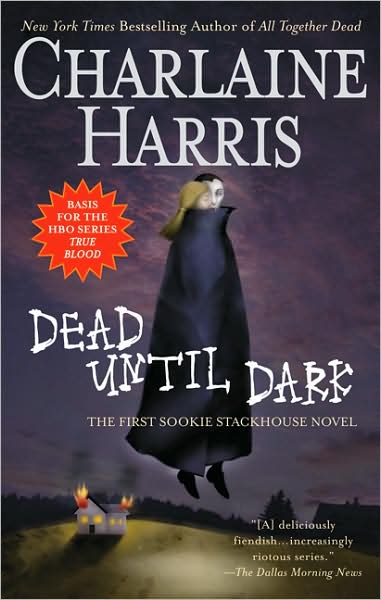And now a return to regularly scheduled programming!
I chose to read this book because even though I'm not at all religious myself, I've always been fascinated by religion. My fiance is a secondary school religious education teacher so he's always recommending books about religions from all perspectives.
Synopsis: Hitchens aggressively takes on religion, attempting to demonstrate that it is "man-made, dangerously sexually repressive and distorts the very origins of the cosmos" (from back cover). He puts forward the theory that religion has caused profound damage to society at all levels.
Score: 3 out of 5 for quality of writing but 2 out of 5 for quality of arguments.
Before I share my thoughts on this book, I should probably explain the viewpoint I read it from. When I said in the introduction that I am non-religious, I meant that I have never been exposed to religion personally at all - I was not baptised/christened and can count the times I have been to a place of worship on one hand. No one in my family is religious either and I didn't miss it growing up. I was taught instead to treat others as I wished to be treated, to be respectful and to realise that life can be tough, and sometimes it's bad luck, and all you can do is be ready for it and make the most of the time you have. I didn't even meet a strongly religious person until I went to university at 19 and became friends with an Orthodox Jew.
So I was kind of in the middle with this book. I have no bone to pick with religion myself; I do find it hard to understand why people are religious but each to their own as long as they aren't bothering me. Hitchens in his book had a completely different attitude - I've read Dawkin's "The God Delusion" as well and Hitchens makes Dawkins look like a moderate! I can only describe Hitchens' views as militant/fundamentalist atheism, in that he sought to make everything the fault of religion without acknowledging any of the good religious people have done or even that religious people can't be lumped together as one homogenous entity. And that seriously weakened his arguments for me.
Hitchens also approached the topic from a mainly literal/historical perspective, which would have been fine if he had stuck with it, but he also veered into the scientific arguments. The problem with this was that he made some mistakes - I know enough biology to know that his conclusions about ears were wrong, and if you're going to write such a controversial book, you better make sure your facts are straight!
In places his conclusions were too simplistic. Concerning American slavery, he basically argued that religion caused slavery - correct me Americans if I am wrong, but whilst religion may have defended slavery for a while, there was more to it that that. Societies the world over have taken slave from conquered areas since the dawn of time. Hitchens was bending over backward to show that "religion poisons everything" when he would have been much more convincing if he had argued "religion makes things bad, sometimes" or "religion can prolong bad things".
That's not to say that all of his arguments were weak. It has been historically well documented that parts of all the major religions have been man-made (Council of Nicea etc), and when Hitchens stayed with history or culture, he was on strong ground. His sections on the use of condoms in Africa and Muslim protest against vaccinations were also very effective.
So overall, a mixed bag. There were some good points struggling to get out but Hitchens was just too angry and a bit fundamentalist. I can definitely see why some atheists argue that he gives them a bad name.














